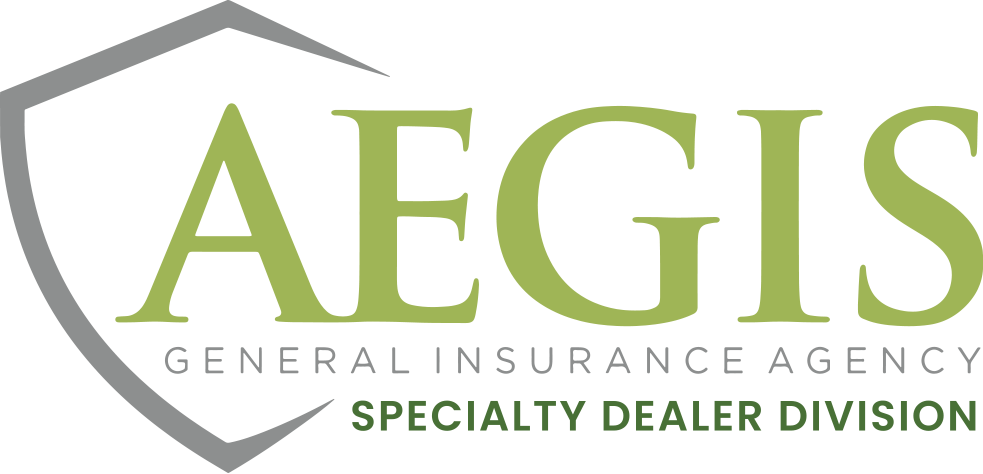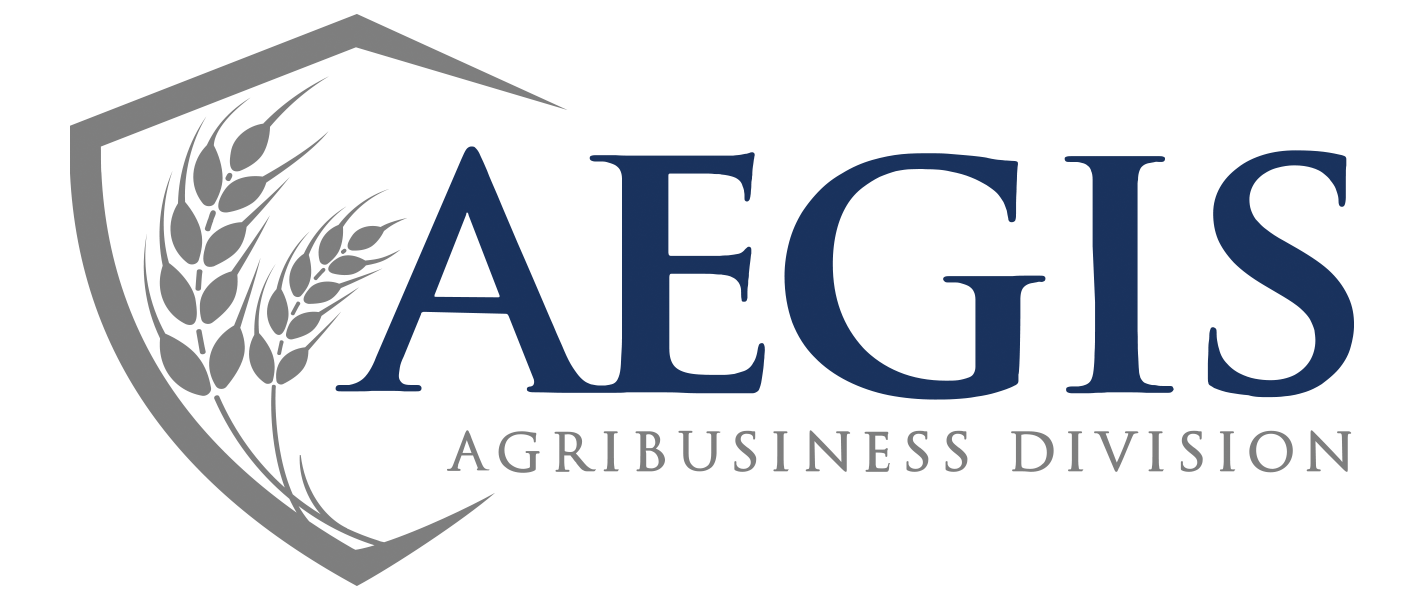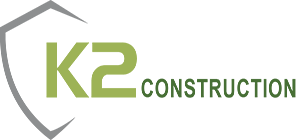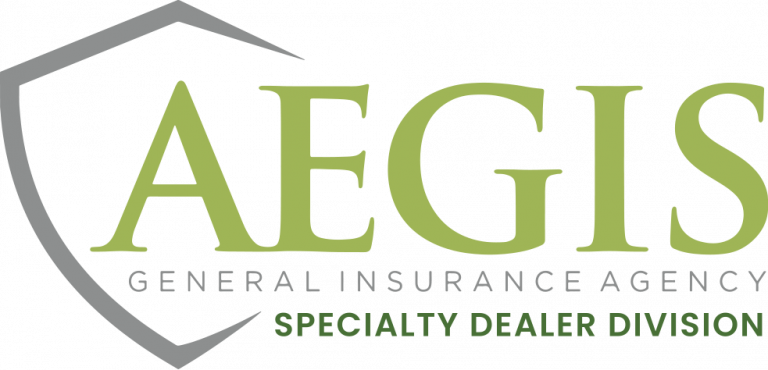Starting a used car dealership is an exhilarating venture, offering opportunities for financial growth and customer satisfaction. However, navigating the complex landscape of used car dealer insurance programs can be a notable challenge.
An aspiring used car dealer should pay careful consideration to ensure comprehensive coverage for potential risks and liabilities. Securing the right used car dealer insurance is crucial for managing these challenges effectively.
Insurance holds a crucial role in the dealership startup process. It offers protection against unforeseen risks and liabilities that could impede business growth.
Adequate coverage safeguards assets and provides peace of mind. It thereby ensures a smoother and more secure launch of the dealership.
This article aims to equip insurance retailers with a comprehensive checklist to share with clients. It helps enhance the client-advisor relationship by illustrating the essential aspects of insurance coverage.
Understanding Used Car Dealership Insurance Needs
Navigating the insurance landscape for used car dealerships is crucial for safeguarding against potential risks. Startups need to understand their insurance needs to ensure comprehensive coverage.
Specific Risks Faced by Used Car Dealerships
Used car dealerships encounter various risks in their operations.
- Quality concerns: One significant risk is the potential for selling faulty vehicles, leading to customer dissatisfaction and potential legal issues.
- Regulatory compliance: Adhering to complex regulations, such as safety standards and disclosure requirements, is crucial. Non-compliance can result in fines and damage to the dealership’s reputation.
- Market fluctuations: Used car prices are influenced by market trends. Dealerships face the risk of inventory depreciation if the market value of certain models drops unexpectedly.
- Title and ownership issues: Ensuring proper documentation of vehicle titles and ownership is essential. Failure to do so can result in legal disputes and financial losses.
- Economic downturn: Economic challenges can impact consumer spending on non-essential items like cars. Dealerships may face decreased demand during economic downturns.
- Competition and pricing: Intense competition among used car dealerships can lead to pricing pressures. Striking a balance between competitive pricing and maintaining profitability is a constant challenge.
- Technological advancements: The rapid evolution of automotive technology may leave dealerships with outdated inventory. Adapting to new technologies is essential to stay competitive.
- Online reputation management: With the prevalence of online reviews, managing the dealership’s reputation is crucial. Negative reviews can significantly impact customer trust and the overall business.
Understanding and proactively addressing these risks is essential for the sustained success of used car dealerships.
Legal and Financial Implications of Insufficient Insurance
Insufficient insurance coverage can expose businesses to severe legal and financial consequences. Inadequate coverage may leave a company vulnerable to costly lawsuits, potentially jeopardizing its financial stability.
Failing to meet legal insurance requirements can result in fines and penalties, underscoring the critical importance of thorough and compliant insurance policies.
Tailoring Insurance Coverage to The Dealership’s Needs
Tailoring insurance coverage to the specific needs of a dealership is essential for comprehensive risk management. Factors such as the size of the inventory, the types of vehicles sold, and the geographical location play a crucial role in determining the appropriate coverage.
Customizing insurance ensures that potential risks unique to the dealership’s operations are adequately addressed, providing a tailored and effective safeguard against unforeseen challenges.
Essential Insurance Types
Securing the right insurance is fundamental to safeguarding businesses against unforeseen risks and potential financial liabilities.
Here are some of the most important insurance types for used car dealerships:
- Garage liability/Garagekeepers: Covers liability for accidents on the dealership premises and damage to customers’ vehicles while in the dealer’s care.
- General liability: Provides coverage for third-party bodily injury, property damage, and personal injury claims, offering broad protection against various liabilities.
- Commercial property/Inland marine: Protects the dealership’s physical assets, including buildings, inventory, and equipment, against fire, theft, and natural disasters.
- Commercial crime & employee dishonesty: Safeguards against financial losses resulting from employee theft, fraud, or other dishonest acts within the dealership.
- Excess/Umbrella liability: Offers additional liability coverage beyond the limits of primary policies, providing an extra layer of protection.
- Fraudulent impersonation: Protects against losses from fraudulent schemes where employees are tricked into transferring money or providing sensitive information.
- Dealers open lot: Insures vehicles in the dealership’s inventory against risks like theft, vandalism, and natural disasters.
- Used car dealer E&O coverage: Covers errors and omissions in the sales process, protecting against legal claims related to misrepresentation, negligence, or other mistakes.
- Property enhancement endorsements: Additional policy provisions that can enhance coverage for specific risks or provide extra protection tailored to the dealership’s needs.
Budgeting for Insurance Costs
Effectively budgeting for insurance costs is a strategic business imperative, ensuring financial stability and comprehensive risk management.
Factors Affecting Insurance Premiums
Several factors influence insurance premiums, including the business’s industry risk, claims history, the chosen coverage limits, and the deductible amount.
Additionally, factors such as the company’s size, location, and specific risk mitigation measures implemented can impact the overall cost of insurance premiums.
Establishing Risk Management Practices
Establishing robust risk management practices involves identifying potential threats, assessing their impact, and implementing strategies to mitigate or transfer risks.
Regular monitoring and adjustment of risk management plans are essential to adapt to evolving business environments and ensure continued effectiveness.
Preventing Accidents and Minimizing Risks
Preventing accidents and minimizing risks at the dealership entails implementing comprehensive safety protocols, providing regular staff training, and maintaining a proactive approach to identifying and addressing potential hazards.
Regular inspections of the premises, equipment, and vehicles can contribute to a safer environment, reducing the likelihood of accidents and associated risks.
Employee Training and Safety Protocols
Employee training and safety protocols are critical to creating a secure work environment.
Regular training ensures that employees are well-versed in safety procedures, promoting accident prevention and fostering a culture of workplace well-being.
Maintaining a Clean and Organized Facility
Maintaining a clean and organized facility is essential for promoting a safe and efficient dealership environment.
A clutter-free space enhances the overall customer experience, minimizes the risk of accidents, and supports a more streamlined workflow for staff.
Safeguarding Used Car Dealerships
Creating a comprehensive insurance checklist is imperative for startup used car dealerships seeking to navigate the complexities of insurance programs tailored to their specific needs. A thorough understanding of key elements in used car dealer insurance programs is crucial for mitigating risks and safeguarding the business from potential financial setbacks.
Retail agents play a crucial role in guiding clients to prioritize insurance. They are a fundamental component of their client’s business plan by mitigating risks and ensuring long-term success.
Securing comprehensive insurance coverage and integrating effective risk management practices are integral to fostering a successful and well-protected dealership startup.
It is imperative to recognize the dynamic nature of the automotive industry and adapt insurance strategies accordingly, ensuring long-term resilience and sustained success.
Aegis General Insurance Agency — Specialty Dealer Division strives to create a leading underwriting and distribution franchise in the program insurance market. We’ve bridged the gap between agents and client payments with our efficient ACH payment system. Partnering with us gives agents the advantage of ACH payment capability, allowing for direct billing through the firm. Call us today at (866) 429-1638 to find out how you could partner with K2 to offer top-tier insurance coverages and modern features to your clients.













